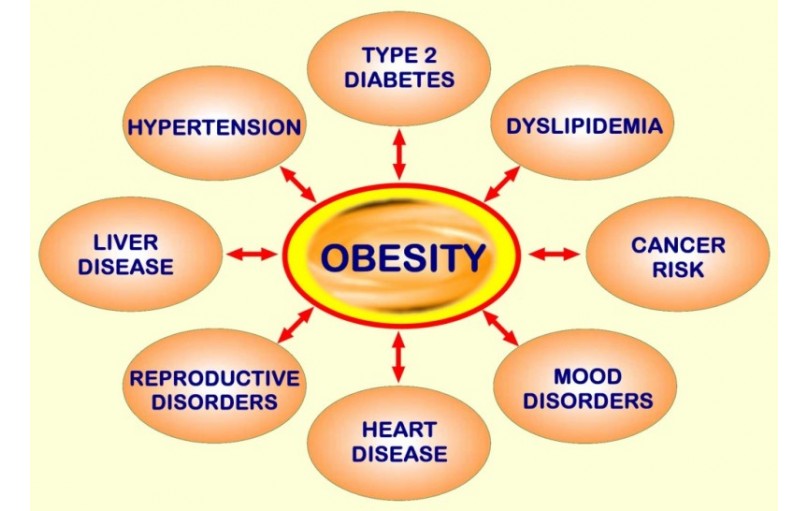Newsletter Subscribe
Is Obesity Really Genetic: To a Certain Extent

Is obesity really genetic is a very
common question asked by many. I would say ‘yes’, but to a certain extent—70%
is your lifestyle. Earlier, this question would be asked by the obese;
nowadays, all are ask this question eagerly.
After the discovery of chromosomal
abnormality/defect—chromosome 16 (according to a study published in 2010
journal ‘Nature’), the scientists now say that there is a “link”—about 30%,
between obesity and genetic.
Is
Obesity Really Genetic: What is Chromosome?
In layman’s language, know that chromosome
is a structure that contains DNA (Deoxyribonucleic Acid) that determines who we
are—how we look, whether we stand a chance to develop some diseases (including
obesity), etc.
Defect in chromosome 16 increases the
chance of obesity by 50 times. When we say “defect”, it means ‘a small portion
of the chromosome goes missing that is responsible for 30 different genes known
to keep a control on your weight’!
This defect in chromosome 16 is also
said to be linked to schizophrenia and autism; these disorders, in turn, are
said to be linked to obesity.
Know that this defect in chromosome 16
is found in 1 person out of 1000. But yes, people who have it are already
affected by it from their childhood. As a result, as they move toward
adulthood, they become overweight, and finally, obese.
Is
Obesity Really Genetic: What’s the Link?
Recently, 4 more genes (already 8 genes
had been identified) have been linked to obesity. Not only genes, the other
crucial contributing factors to obesity are (1) unhealthy/poor lifestyle, and
(2) no exercise or lack of exercise. These 2 factors hold the ‘70%’ key (as
mentioned in the beginning of the article).
Is
Obesity Really Genetic: What’s the Answer?
Yes, obesity is genetic to certain
extent. This means that no all cases of obesity are genetic. There are two
aspects that determine our genetics—(a) the fat cells that we are born with,
and (b) how fast is our metabolism.
As I have said earlier, there are many
other reasons that a person can be obese: (1) sedentary/poor/unhealthy
lifestyle; (2) ill-health; (3) unhealthy eating habits; (4) no
exercise/physical activities or lack of exercise/physical activities, etc. For
some it can be one reason; for others it can be a combination of more than one.
Conclusion
If you are obese, do not be
disheartened. Seek help from fitness nutritionists and medical practitioners;
start with regular exercises and healthy balanced diet (with low carbs).
Don’t give up!
Comments
Write Comment
💬 Need help? Chat with us

